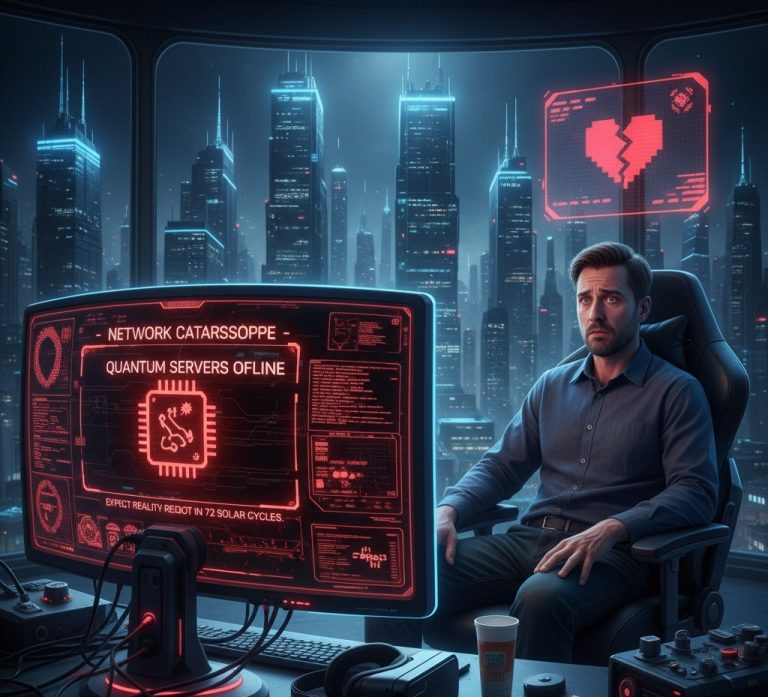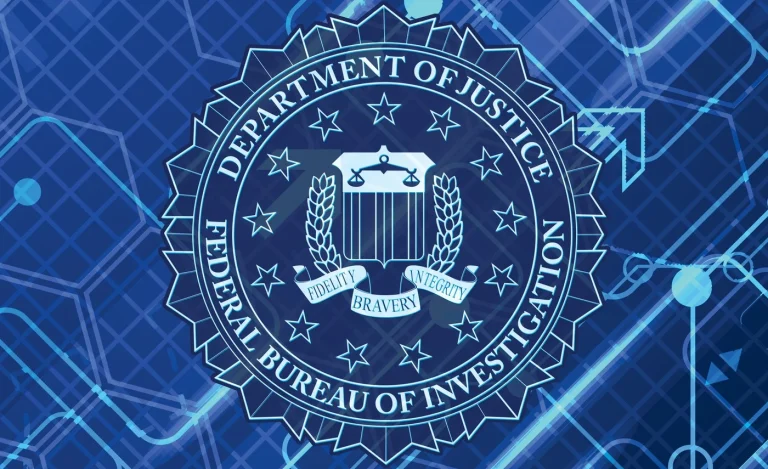
Nicki Minaj, one of the most popular singers in the world stepped far outside her usual artistic spotlight this week when she addressed a United Nations gathering. She used her time at the podium to speak about the importance of religious liberty and to raise awareness about ongoing violence affecting Christian communities in Nigeria.
Minaj is known for reshaping the landscape for female artists in the rap industry, she built her brand around confidence, boundary-pushing creativity and outspoken empowerment. The artist’s comments at the UN marked a rare moment in which a major entertainment figure chose to speak directly about human-rights issues on the world stage.
A Shift From Music Superstar to Human-Rights Advocate
Throughout her career, Minaj has influenced an entire generation of performers with her bold lyrics and unfiltered artistic voice. Yet, on Tuesday, she stood beside U.S. Ambassador Mike Waltz to deliver a message centered on dignity, safety, and freedom of worship.
“Religious freedom means we can all honor our faith openly,” Minaj said during her remarks.
She described the difficult reality faced by Christian families in certain regions of Nigeria, including displacement, fear, and attacks on places of worship. Minaj emphasized that these incidents represent not just isolated acts of violence but an ongoing humanitarian emergency.
The rapper, who has spoken publicly about her personal faith, noted that such discussions rarely take center stage in celebrity activism, which often focuses on broader cultural debates rather than the struggles of specific communities.
Growing Concern Over Violence in Nigeria
Nigeria has faced cyclical violence for more than a decade, with extremist groups and armed factions responsible for attacks on villages and religious centers. Many of these incidents have led to large numbers of displaced families and damaged communities.
Waltz shared that a recent incident involved the abduction of 25 schoolgirls, underlining the severity of the situation. According to him, a significant portion of global religious-targeted violence is occurring in Nigeria.
Catholic Bishop Wilfred Anagbe has described these attacks as systematic and directed, though different organizations and leaders continue to debate the underlying causes.
International attention, however, has not matched the scale of the crisis. While aid packages have been directed toward Nigeria, some critics say the specific targeting of Christian communities has not been fully acknowledged in many diplomatic or humanitarian statements.
Minaj Responds Publicly to the Ongoing Crisis

In October, President Donald Trump posted on social media that Christianity was “facing an existential threat in Nigeria” prompting Minaj to respond with appreciation.
“Reading this made me feel a deep sense of gratitude,” she wrote on X, pointing out that many people around the world cannot worship safely. She stressed the importance of mutual respect, regardless of differing beliefs.
Her comments sparked divided reactions among followers, with some criticizing her for agreeing with a political figure. Minaj replied that the focus should remain on the safety of vulnerable communities rather than on unrelated debates or identity politics.
A Polarizing Response From Public Figures
Some public personalities have centered their activism on issues unrelated to the crisis in Nigeria, often prioritizing other global conversations. Minaj’s critics argued she was aligning herself with a political agenda, while supporters praised her for using her influence to bring attention to a humanitarian concern that often receives limited coverage.
International groups — including the United Nations and several human-rights organizations — have described the violence in Nigeria as the result of “multiple social and economic factors,” acknowledging the complexity of the situation. Still, many advocates believe the danger facing religious minorities deserves greater global recognition.
Influence Beyond the Music Industry
Minaj’s global reach with more than 28 million followers on social media platforms— has amplified the conversation around religious freedom in regions where people face limited protections. Ambassador Waltz noted that her involvement has drawn awareness from people who might not otherwise engage with such issues.
“She’s connecting with an audience that doesn’t usually follow international human-rights discussions,” he said.
Despite criticism for supporting Trump’s attention to the issue, Minaj appears unshaken. Her focus, she says, remains on the individuals and families living with fear and uncertainty. Her message is clear and it spreads really fast around the world with many Christians supporting her!
A Call for Unity, Not Division
At the UN, Minaj emphasized that supporting vulnerable communities should not be a partisan matter.
“Protecting Christians in Nigeria is not about taking sides,” she said. “It is about uniting humanity.”
Her remarks served as a reminder that political divides should not overshadow the universal right to safety and freedom of belief.
As Minaj continues to speak out, she brings renewed visibility to a crisis often overshadowed on the world stage. Her plans to use her platform to advocate for human dignity has placed her at the center of a global conversation — one that extends far beyond music charts and celebrity culture.
Watch Video of Her Powerful Speech Here:


